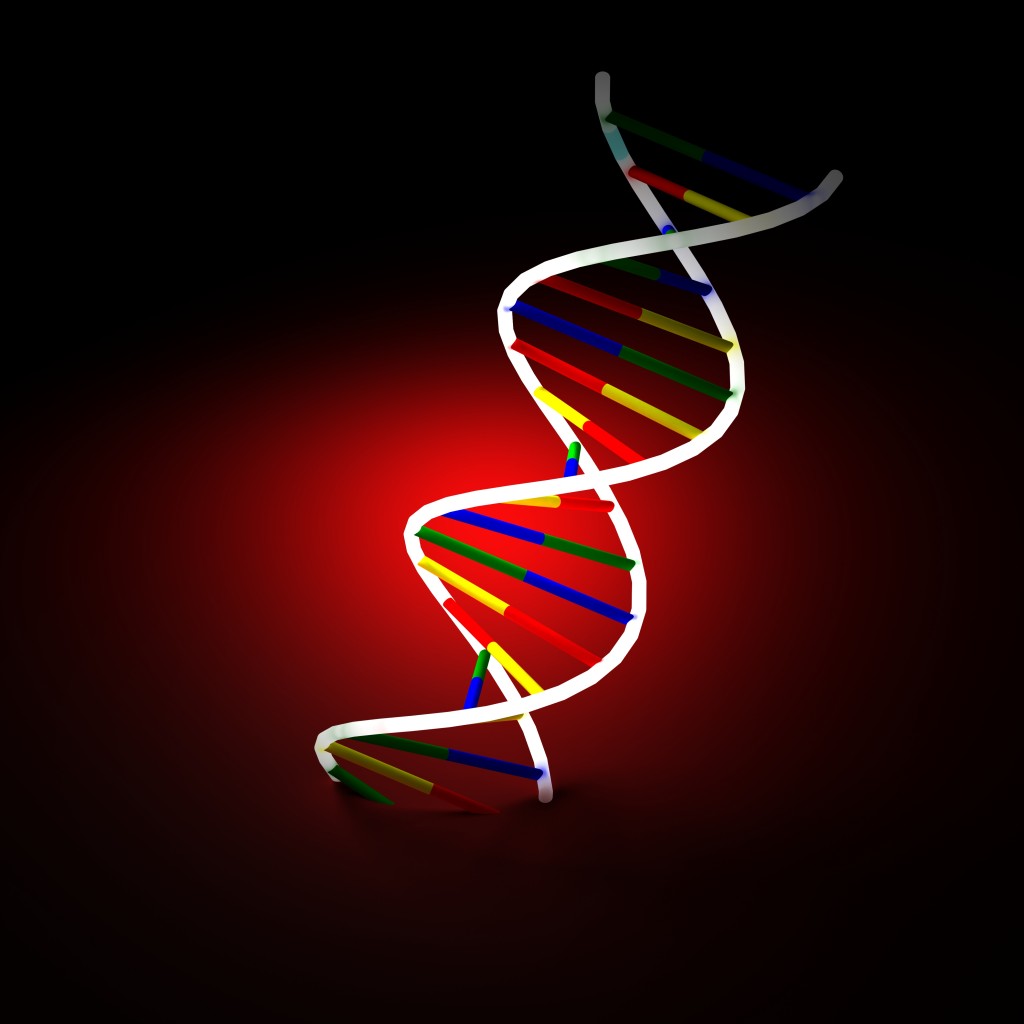 BOULDER, Colo. – A team of American and British scientists has published a new report detailing how natural selection, “the engine of evolution,” can actually prevent evolution from happening—a potentially devastating setback for evolutionists.
BOULDER, Colo. – A team of American and British scientists has published a new report detailing how natural selection, “the engine of evolution,” can actually prevent evolution from happening—a potentially devastating setback for evolutionists.
Natural selection, a term first popularized by Charles Darwin, plays a fundamental role in the theory of evolution. In his infamous book “The Origin of Species,” Darwin proposed that natural selection “leads to divergence of character and to much extinction of the less improved and intermediate forms of life.”
“It may be said that natural selection is daily and hourly scrutinising, throughout the world, every variation, even the slightest; rejecting that which is bad, preserving and adding up all that is good; silently and insensibly working, whenever and wherever opportunity offers, at the improvement of each organic being in relation to its organic and inorganic conditions of life,” the English naturalist wrote.
“We see nothing of these slow changes in progress, until the hand of time has marked the long lapses of ages,” he continued, “and then so imperfect is our view into long past geological ages, that we only see that the forms of life are now different from what they formerly were.”
However, a team of American and British scientists has found that natural selection, rather than causing evolution, can actually prevent evolution from happening. By studying walking sticks from the species Timema cristinae, the researchers discovered that variations in the species created a road block for speciation—that is, the development of new species.
“This is one of the best demonstrations we know of regarding the counteractive effects of natural selection on speciation,” said Samuel Flaxman, an assistant professor at University of Colorado-Boulder, in a news release last week.
The scientists focused on two green variations of walking sticks, hoping that the variations would lead to the formation of new insect species via natural selection. But that is not what happened.
“While Darwinian natural selection has begun pushing the two green forms of walking sticks down separate paths that could lead to the formation of two new species, the team found that a … brown variation of T. cristinae appears to be thwarting the process,” the UC-Boulder news release explained.
Flaxman said the brown walking sticks frequently mated with their green counterparts, thus “acting as a genetic bridge that causes a slowdown in divergence.” The lead study author, Aaron Comeault, admitted that these interactions inhibit speciation.
“This movement of genes between environments slows down the genetic divergence of these stick insect populations, impeding the formation of new species,” he explained.
This study, which was detailed in the journal “Current Biology,” illustrates that natural selection can actually present a problem for evolution.
“It also shows how natural selection can sometimes promote but other times hinder the formation of new species, according to the research team,” the university’s news release stated.
These findings evidently confirm the position of biblical creationists, who maintain that natural selection does not result in upward evolution and speciation, nor does it add new information to the genetic code.
“Natural selection cannot create totally new characteristics that were not possible from the information already in the particular gene pool. It can only select from what already exists in that gene pool,” wrote Ken Ham of Answers in Genesis in his book “One Race One Blood.” “It causes changes that take place within a species or within a kind by weeding out certain characteristics that are not advantageous in a specific environment. It can’t cause one kind to change into another.”
“Natural selection does not cause reptiles to evolve into birds—reptiles don’t have the information for feathers; only birds do,” he continued. “You’d have to have brand-new information to get something brand new that never previously existed or was possible from the information available. That’s not what’s happening; natural selection is basically a downhill process (or a conserving process). Natural selection results in a loss of genetic information and/or redistribution of pre-existing information.”
“Creationists understand that God created specific kinds of animals with the potential to reproduce in great variety,” Ham explained. “…Mutations and natural selection cannot add anything to gene pools; they can only take away or alter what is already there.”
Become a Christian News Network Supporter...


